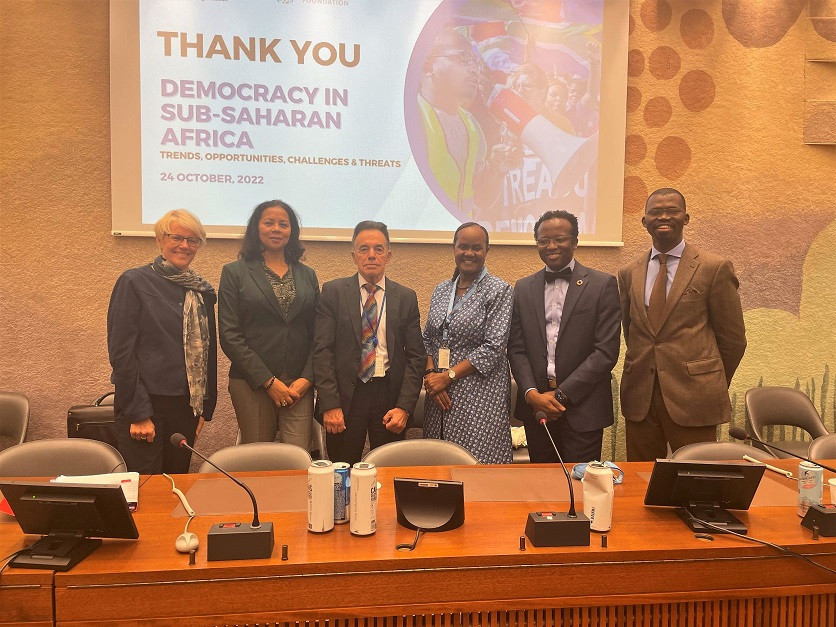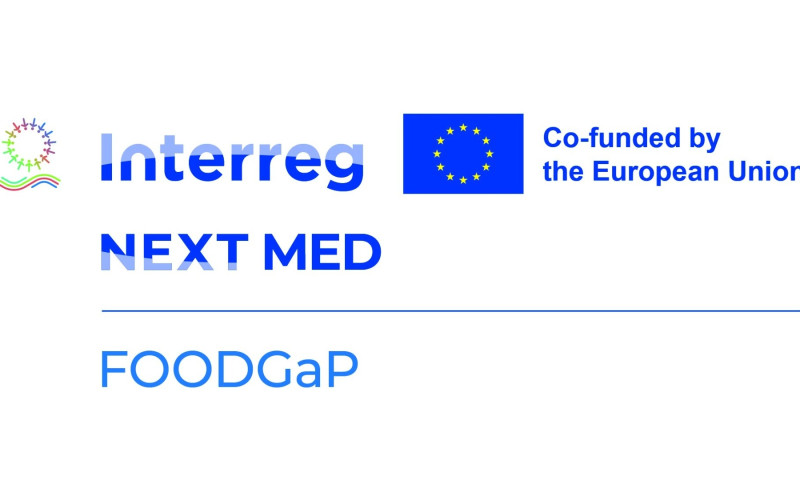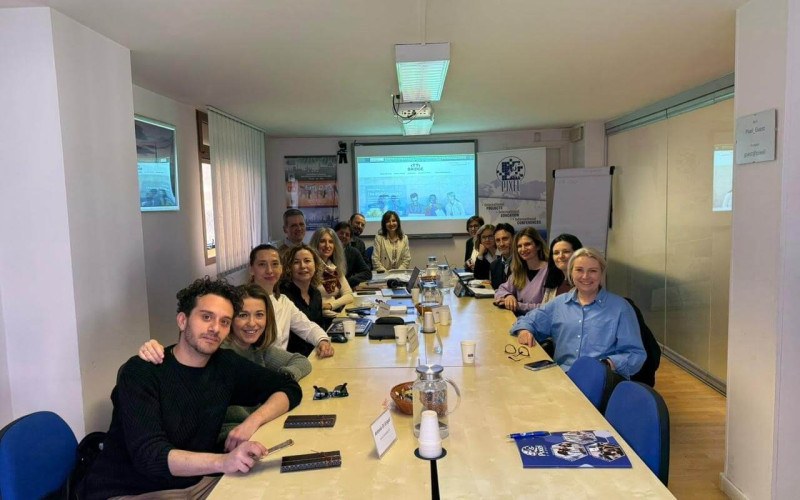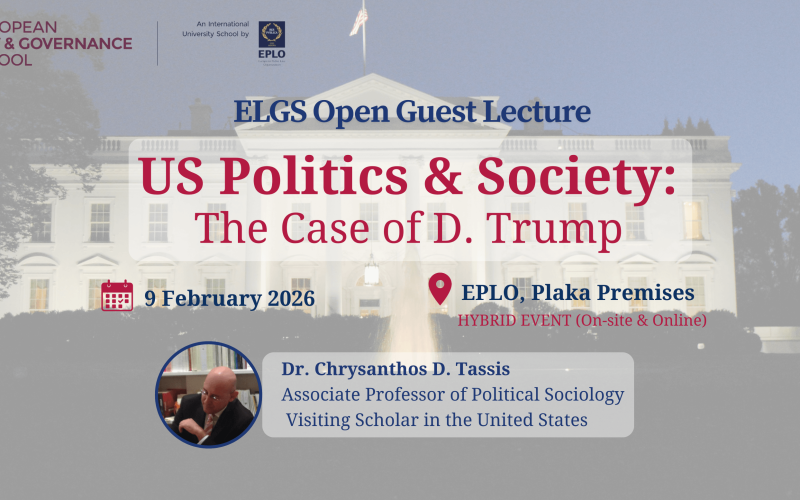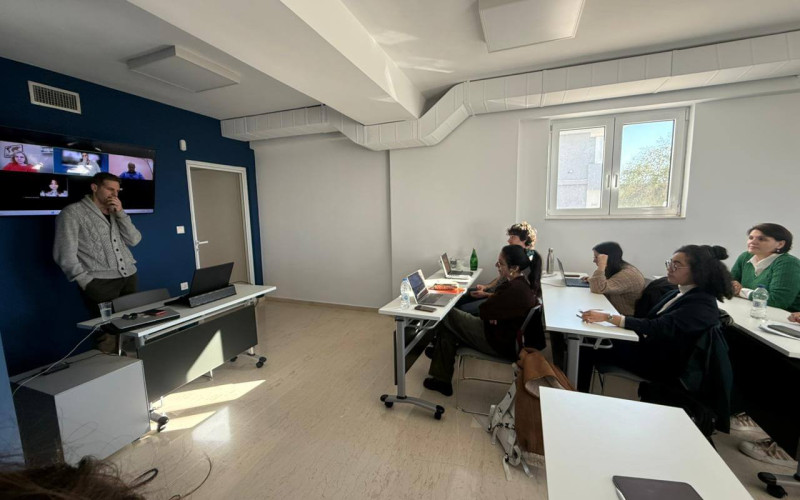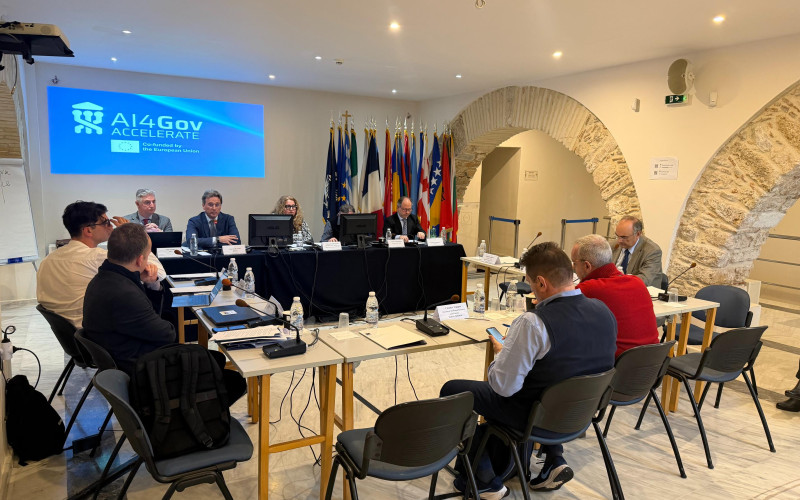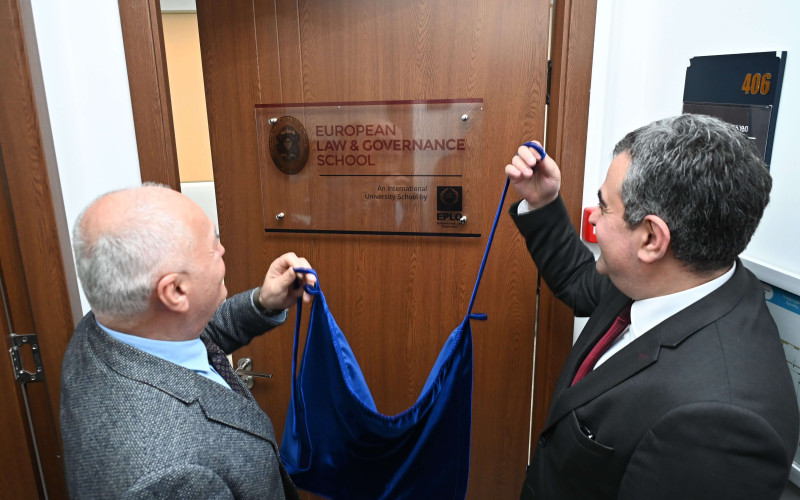An interactive discussion orga titled "Democracy in Sub-Saharan Africa", a fresh and frank conversation on democracy took place on Monday, 24 October 2022, 10:30 am CEST, at the Palais des Nations, Geneva as experts from United Nations member states, academia and civil society discuss how aspirations to democracy expressed themselves across sub-Saharan Africa and share best practices and challenges.
The panel focused on the following questions:
• How are African countries managing challenges to democratic leadership, good governance and the rule of law, and what are some examples of best practices
• How are global challenges to democracy and the rule of law, such as disinformation and misinformation, affecting Africa?
• What more can the international community do to support democratic leadership in Africa and young people’s aspirations for democratic inclusion?
• Could early warning mechanisms be put in place to counteract trends toward authoritarianism?
• What role can African states and organisations take in encouraging a new focus of the multilateral system on democratic principles and practices?
Detailed description of the event:
A first in the United Nations in Geneva: “Democracy in Sub Sub-Saharan Africa: Trends, opportunities, challenges and threats”
The EPLO office in Geneva developed overtime strong ties with African delegations and NGOs. Ambassador George Papadatos has been very active as a panelist in many events organized on the UN premises and elsewhere, in particular those which dealt a variety of pressing issues in the African continent. The state of democracy and the “Epidemic of coup d`etats in West Africa”, as proclaimed by the Secretary General of the UN Antonio Gutteres, is a topic that has not been addressed in the context of interactive panel discussions in Geneva.
Encouraged by the pronouncement of the UN Secretary General the EPLO Geneva Office came up with the idea of a holding a panel event in the UN to explore possible novel measures of preventing coup d`etas and identifying ways that “transitional undemocratic governments” could restore democracy.
It was decided by EPLO that an event of such importance would benefit from the experience of the well-known “Kofi Annan Foundation”(KAF) by holding it jointly. The aim would be to change perceptions and influence policies on the issues at hand.
EPLO Geneva and KAF worked together and the initial scope of the event was broadened. Four panelists were invited and a moderator. Two of them were the Geneva ambassadors, HE Athalia l. Molokomme of Botswana and HE Clara Manuela Da Luz Delgado Jesus of Cape Verde. Mr. Herman Ntchatcho, a former senior Director of the Regional Bureau for Africa at WIPO, was chosen as moderator. The other two panelists were well-known university professors, Dêlidji Eric Degila of the Geneva Graduate Institute and Landry Signé, Thunderbird School of Global Management, Washigton DC.
The event kicked off with a statement by Ambassador Papadatos who drew the attention of the panelists and the audience to three questions:
Can undemocratic transitions or coup d`etats be prevented?
Is it usually too late to restore democracy once an undemocratic transition is in place?
Are there risks with prolonged transitional regimes?
An interesting highlight of his remarks was when he challenged two statements one from an official of an African Center for Democracy and Development who said, “The failure of democracy to deliver development to the people has pushed Africans to welcome coups d’état” and another similar one that came from a former director of another institution who said that “The coups reflected a creeping sense that elections, and by association democracy, are not delivering on the promise nor do they reflect on the will of the people”.
Ambassador Papadatos proclaimed that these statements were misleading reflecting a profound misconception of what democracy is. In fact, he made it very clear that it was the other way around, democracies do not fail it is people that fail democracies and who undermine its institutions and mismanage economies.
Ambassador Molokomme took the floor first pointing out the growing challenges of unemployment, rise in prices of food and energy and economic integration in a post pandemic Africa. She also stressed the importance of the civil space, NGOs, private sector and labor unions in decision making. HE Clara Manuela Da Luz Delgado Jesus, of Cape Verde, spoke about the “problematique” of Africa which many experts have described as a series of failures and successes. It is a continent rich in resources but has not so far succeeded in its economic policies to foster growth and address social and economic disparities. Ambassador Delgado, interestingly enough, emphasized that in her country the army`s place is in the barracks and the people of Cape Verde would never allow an undemocratic transition of government to take place. Eighty percent of Africa is under the age of twenty five and that education and employment are of paramount importance. Both ambassadors exalted the benefits accrued to their countries from a stable and functioning democracy as shining beacons of hope in Africa.
The Director of EPLO, Prof Flogaitis, who was present, contributed also to the discussion by expanding on the importance of democratic values for a well-functioning democracy.

